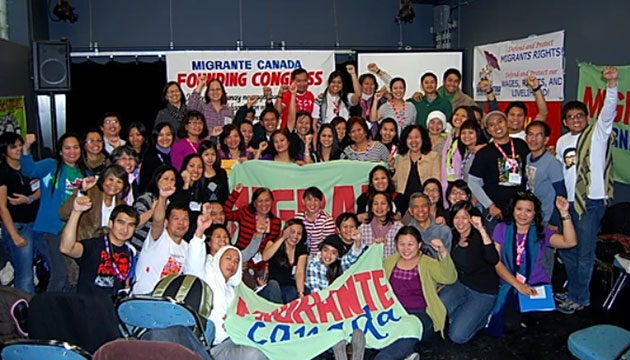There are many stories about doctors and engineers immigrating to Canada only to end up in jobs like driving taxis, pumping gas, and cleaning offices.
It’s a situation that has caused foreign-trained professionals not only grief but also economic hardship for their families.
One major factor behind this problem is the non-recognition of foreign credentials. Credentials refer to education and job experience obtained in another country, which is comparable to standards in Canada.
A new report released on January 26, 2016 by the Conference Board of Canada indicated that the country is losing as well, and has to do more in improving the recognition process for all Canadians.
According to the document titled Brain Gain 2015: The State of Canada’s Learning Recognition System, Canadians could earn $13.4 billion to $17 billion more per year if their credentials were fully recognized.
The potential income gains represent a huge jump from the $4.1 billion to $5.9 billion estimated in the 2001 report of the Conference Board of Canada.
“Canada depends on a mobile labour force whose learning credentials are often issued in a different place from where they work,” said Michael Bloom, vice-president of industry and business strategy with the Conference Board of Canada.
“When people’s learning and skills are not formally recognized, they are more likely to be unemployed, work part-time, or work in jobs beneath their skills set,” Bloom added.
The report also stated that more than 844,000 Canadians face challenges in getting their education and experience recognized. The number is up from 540,000 in the 2001 report.
According to the Conference Board of Canada, immigrants are the largest group, with an estimated 524,000 international credential holders affected.
“Despite substantial improvements in recognition and portability of credentials across provincial and territorial borders, the learning recognition gap has grown substantially since 2001,” Bloom noted.
“Given Canada’s high degree of labour mobility, it needs a more flexible and responsive learning recognition system that allows people to use their skills to the fullest,” Bloom also said.
Policy makers may want to take note of the report’s recommendations. One is for the federal government to improve the integration of credential recognition in its immigration program.
The report also suggested that post-secondary institutions can speed up expansion programs in countries that are huge sources of immigration to Canada, such as the Philippines, China, and India.













